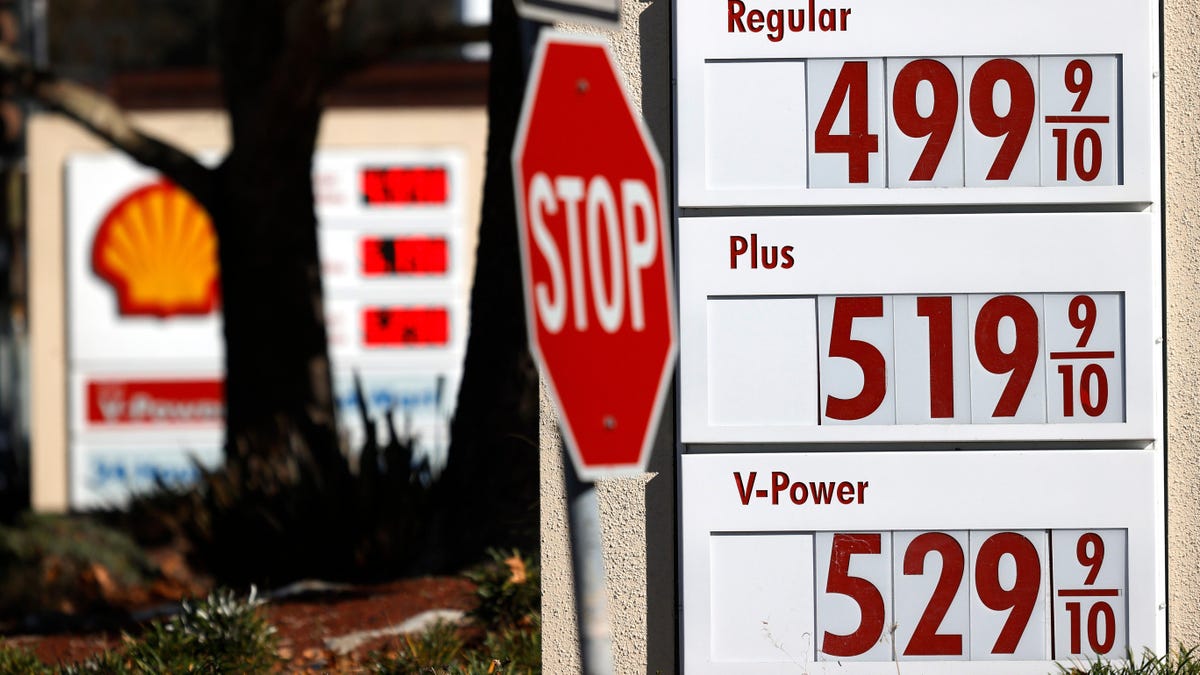
On Tuesday, President Joe Biden is expected to announce that he will be releasing millions of barrels of oil from the Strategic Petroleum Reserve (SPR) in an attempt to combat soaring gas prices.
It’s the administration’s latest attempt to get a grip on a bad situation. Last week, it sent the FTC sniffing around oil and gas companies for possible collusion to keep prices—and thus, profits—high. Now, the administration will send 50 million barrels of oil held by the federal government to the market in an effort to bring prices down. Whether it does so will depend on a number of interlocking factors.
The cost of a gallon of gas currently hovers around $3.40 nationally, according to AAA. Some places have seen even higher costs at the pump, though; Mono County, California has seen some gas stations charge as much as $6 per gallon.
There’s a lot of debate over whether Biden’s move will actually have the intended effect of lowering the price Americans see at the pump. Some experts say that the SPR was designed as an emergency backstop, not a price gauge, and that any relief the extra oil will provide in this market will be short-lived. But short-lived relief could be a huge boon right now as a bridge to the coming months.
“I’m actually supportive of this release,” said Lorne Stockman, a director at Oil Change International. “If anything, they should have done it a month or so ago.”
Stockman pointed out that the price rise we’ve seen over the past few months is “generally thought” to be a short-term issue, as opposed to periods in the late 2000s when oil prices were structurally much higher. (That period predates the U.S. fracking boom.) In this sense, an SPR release could help alleviate prices before they naturally dip again, which many analysts expect will happen by spring 2022. Other countries, including China, India, and the UK, will also release oil from their reserves in an attempt to help with global price surges.
But there are other complicating factors at play—most notably OPEC, the international cartel that has been deliberately restricting supply after prices bottomed out during the pandemic.
“The counterpoint to that is that OPEC is sitting on a lot of spare supply,” Stockman said. “OPEC is saying right now, ‘we’re just going to hold back more.’ They’re vying to blunt the instrument of the SPR releases. So that’s an issue to raise against whether or not this will actually do the job, but I don’t think this is a bad thing for them to try this now and try and ease the burden on the American consumer.”I don’t think this is a bad thing for them to try this now and try and ease the burden on the American consumer.”
The high prices today reflect the past decade of overproduction thanks to the U.S. fracking boom, Stockman said. Investors encouraged pumping large amounts of oil, which drove the prices to rock-bottom levels. The pandemic blew up the fracking industry, and many oil producers have failed to ramp production back up despite demand roaring back.
“We’ve spent the last decade and a half pursuing a completely unregulated and out of control oil boom,” he said. “That has caused massive amounts of environmental damage and ecological damage, and resulted in oversupply in the market in much of the last decade that crashed prices. Rather than address America’s burgeoning oil demand in the last decade, we stimulated it.”
